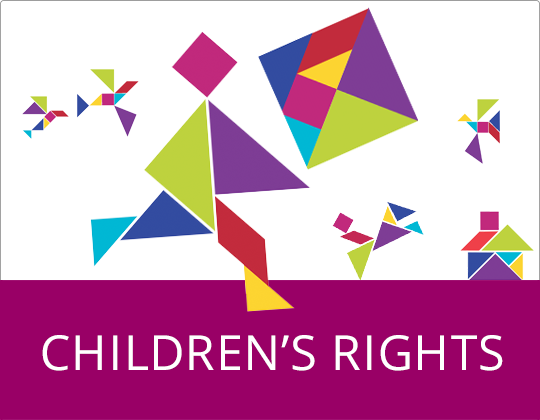Domestic violence

Domestic violence violates the human rights of children and has a harmful effect on their development. Domestic violence is a violation of children‘s rights whether they are victims themselves or witnesses of domestic violence in the family. Exposure to domestic violence denies children of their right to a safe and stable home environment. Domestic violence against children has many different manifestations and can be in the form of sexual violence, physical and/or psychological violence.
One of the most basic human rights principles is the right to live free from the threat of violence. Article 19 of the United Nations Convention on the Rights of the Child (UNCRC) guarantees this right to every child and obliges States Parties to take appropriate measures to protect the child from all forms of violence, including corporal punishment.
The Council of Europe Convention on preventing and combating violence against women and domestic violence (Istanbul Convention) requires States parties to prevent violence against women and children, protect victims and prosecute the perpetrators. The Convention introduces a number of criminal offences for physical, sexual and psychological violence for which harsher sentences are required when the offence is committed against or in the presence of a child. The legislative measures taken pursuant to the Convention shall be based on an integrated approach which also protects child victims of domestic violence. The Convention also protects witnesses and obliges States to protect and support child witnesses of violence by providing age-appropriate psychosocial counseling and ensuring that all supportive measures are based on the best interests of the child.
The Group of Experts on Action against Violence against Women and Domestic Violence (GREVIO) monitors the implementation of the Convention by assessing the different measures taken by States parties.
Factsheet on Children‘s Rights and the Istanbul Convention



